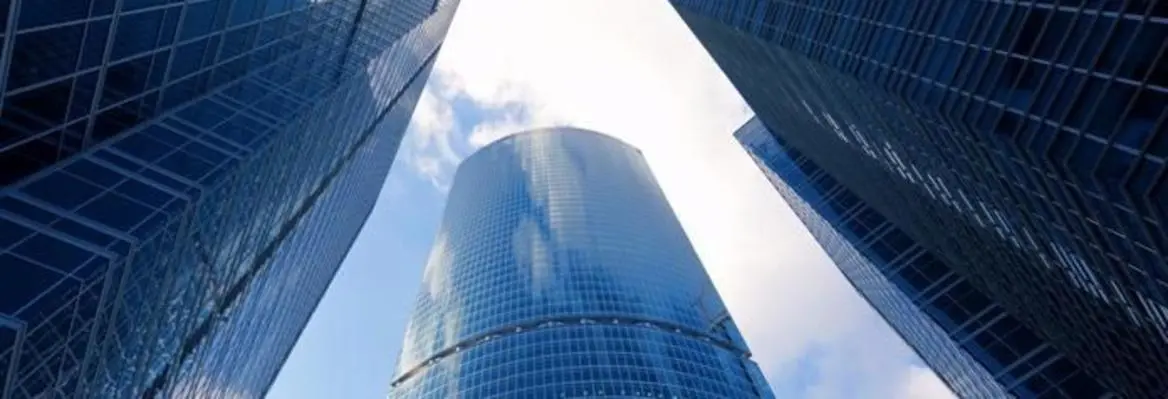One of the effects of what we’ve now come to know as modernity is that if you’re not up there with the rest of the crowd following “fashion” then you must be backward. Fashion has many guises and its most obvious manifestation is the clothes industry (the words clothes and fashion are now interchangeable) where models manage to look progressively glamorous whilst they progressively wear less and less. This is a trick, and in this trick lies a moral.
Behind the jargon of political correctness and the hype of the advertising industry, the idea of modernity stands as naked as the fashion models. Like them, it exudes glamour at the same time. But it is the fleeting glamour of built-in obsolescence, and its nakedness attracts and devours. This process is most evident in the garish cities to which people are attracted like suicidal moths to a powerful street lamp. It is estimated that over 70% of the world’s population will be living in cities before the end of this century. Think what will happen to these people when the water stops flowing through the taps, as it will inevitably do, and the flush toilets stop working in the high rise blocks.
Seasoned travellers sometimes face the unexpected, and this happened to me in Indonesia during a visit to this mosaic of a country before the financial meltdown in 2008. My colleagues in the Institute of Ecology in Bandung were taking me to a madrassa (Qur’an school) in one of the neighbouring villages. It was described blandly in advance as an alternative school system that employed “traditional methods”. But I was in for a surprise. The person I was first introduced to was the “marketing manager”. A marketing manager in a Qur’an school? This puzzled me. “The economic crisis in the country never touched us,” he told me. “Why?” I asked. “Our fresh produce is in great demand, especially in the cities,” he replied, patiently. My puzzlement grew into curiosity: Qur’an schools equal economic independence, but how could that be?
I was led into a village community, which practiced organic farming for economic self-sufficiency in what was described to me as the traditional way. Here is another example of how modernity plays tricks with words. It is fashionable in the developed world to go into “organic farming” yet the methods used by this movement are as old as the hills, and the people of this village have got it right – it is the “traditional way”. This was one of a network of Qur’an school villages that had survived the ravages of colonialism. Apparently there are hundreds of them and the particular village I was taken to supports about 300 students whose ages ranged from twelve to eighteen. A third of them were female. Most of the learning activities centred in and around the mosque and, when they were not studying, the male students worked in the fields. The female students worked in the packing sheds grading and weighing the produce for market. The village also boasted a herd of dairy cows and a fish farm. There was also a clinic and sports facilities.















Join the conversation